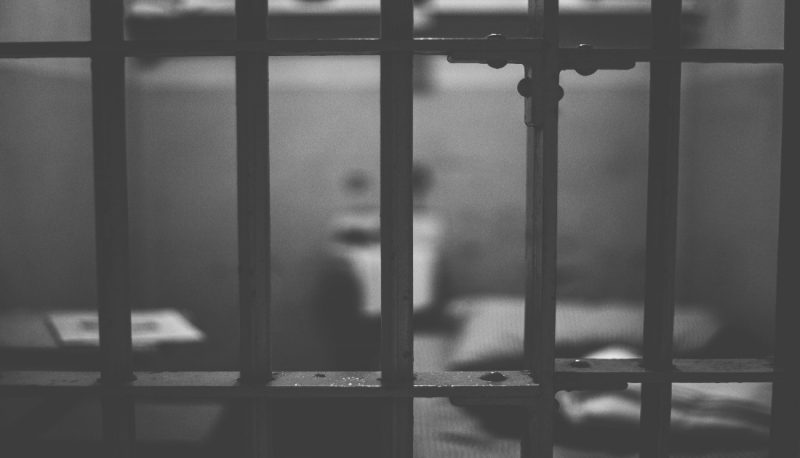Since the 1980s, the number of women and girls who are incarcerated has increased exponentially, but male-centric prison practices and policies have failed to adapt, and women’s health, child care, privacy concerns, and other issues have been pushed to the wayside. On July 16, PFAW attended a hearing convened by the House Judiciary Subcommittee on Crime, Terrorism and Homeland Security to discuss gender equity in the criminal justice system, examine the trends that have made women the fastest-growing segment of the incarcerated population, and explore policy solutions to better support them.
.@RepKarenBass: “Today women will no longer be overlooked in the criminal justice conversation.” pic.twitter.com/D8HB66qHJb
— PFAW (@peoplefor) July 16, 2019
Chairwoman Rep. Bass, D-Calif., shared her vision that “women will no longer be overlooked in the criminal justice conversation.”
Jesselyn McCurdy, deputy director of the American Civil Liberties Union’s Washington legislative office testified about the growing population of mothers who are incarcerated, and the impact that this rising statistic has on both their children and their communities. Many of these mothers, without a history of violence or assault, McCurdy noted, have a higher likelihood of losing custody of their children than non-incarcerated parents with a history of such. She added that many incarcerated mothers are the sole providers within their households.
Jesselyn McCurdy: “We have to ban the policies that allow women who are pregnant to be held in solitary confinement.” #GirlsBehindBars #Reform pic.twitter.com/4PabA5992c
— PFAW (@peoplefor) July 16, 2019
Cynthia Shank is a formerly incarcerated mother featured in the HBO documentary The Sentence. Shank spoke about her experience and highlighted the repercussions that separation can have for mothers and their children. She noted that while she now has shared custody of her children, many incarcerated mothers don’t have that privilege, and are forced to sign over custody due to the separation that incarceration creates.
Cynthia Shank: “I had to witness and hear the cries of mothers at night who had to sign over the custody of their children.” pic.twitter.com/QqjHwkZgMR
— PFAW (@peoplefor) July 16, 2019
Piper Kerman, author of “Orange is the New Black,” a memoir about her experience within the criminal justice system on which the Netflix show is based, discussed the system’s generalized ignorance to women’s issues, including privacy, health care and living conditions for pregnant women, and reproductive health care. Kerman stressed the racial and socioeconomic biases that are built into the system, with women of color and low-income women often lacking the option to post bail or facing harsher sentences.
Piper Kerman: “Incarceration rates are not driven by crime waves, they are driven by policy.” pic.twitter.com/oXdJ3MQJns
— PFAW (@peoplefor) July 16, 2019
Aleks Kajstura, legal director of the Prison Policy Initiative, highlighted community-focused and child-centric solutions that allow for mothers who are incarcerated to remain more present in their children’s lives. Kajstura reiterated the impact that the criminal justice system can have on mothers, with possible separation and other logistical difficulties making compliance with probation and childcare too strenuous and vastly unrealistic for most mothers.
Alex Kajstura: “Women’s experiences in the criminal justice system serve to highlight the flaws of the entire system.” pic.twitter.com/FDdqJrMsRk
— PFAW (@peoplefor) July 16, 2019
The last witness was Patrice Onwuka from the Independent Women’s Forum. She stated that there should be consensus regarding economic equity for women, noting, “[…] committing a crime and paying a debt to society should not preclude a woman from building a better future.”
Patrice Lee Onwuka: “I think we can all agree that committing a crime and paying a debt to society should not preclude a woman from building a better future.” #GirlsBehindBars #Reform pic.twitter.com/9z9p4E00Ef
— PFAW (@peoplefor) July 16, 2019
